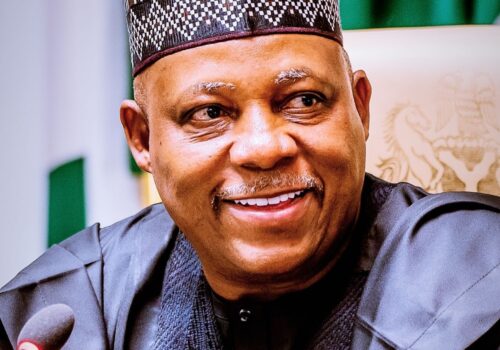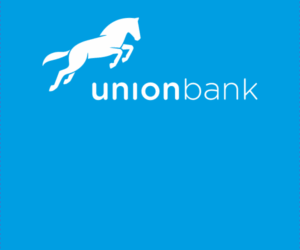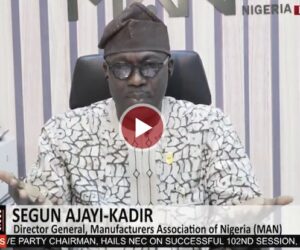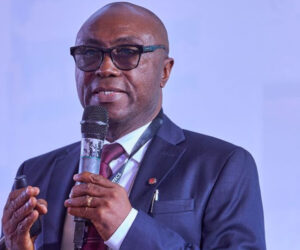The Vice President, Kashim Shettima has said that the micro, small, and medium-sized enterprises (MSMEs) sector remains a top policy priority, representing more than 96 per cent of Nigerian businesses.
He also said it contributes 50% to the country’s GDP, and provides employment for over 84 per cent of the national workforce.
He made the remarks in Abuja at the official launch of the 2025 Edition of the Nigerian Informal Economy Report, the unveiling of M – Nigeria’s first Informal Economy AI Chatbot, and the commemoration of 10 years of Moniepoint’s economic impact and service to institutions, businesses, and everyday Nigerians.
Independent reports that the report unveiled weekend obtained by our Correspondent indicates that 65% of businesses reported revenue growth but only 47% saw higher profits due to rising costs, with 38% earning less than N10,000 ($7) daily; driven mainly by unemployment, 40% are employers, half of payments remain cash though 48% prefer digital supplier payments, yet 42% lack savings to survive a month without income amid financing, structural, and digital literacy challenges, revealing a sector both resilient and fragile needing urgent support.
Represented by Jumoke Oduwole, the Minister of Industry, Trade and Investment, the Vice President described Moniepoint as Nigeria’s largest investment platform.
He applauded the rapid growth of the fintech sector and Nigeria’s expanding footprint in Africa’s digital economy.
Shettima emphasised Moniepoint’s milestone of serving over 10 million businesses and individuals, affirming its leadership status in African financial technology.
He highlighted that the fintech ecosystem, bolstered by cross-border investments, reflects growing confidence in Nigerian innovation both on the continent and globally.
“Government support for the micro, small, and medium-sized enterprises (MSMEs) sector stands at the core of policy priorities. MSMEs constitute over 96% of Nigerian businesses, contribute about 50% of the nation’s GDP, and employ over 84% of the workforce,” he said.
Also speaking, Babatunde Olofin, Managing Director of Moniepoint, reiterated the company’s enduring mission: to foster a society where all Nigerians can experience financial happiness and have their aspirations powered, regardless of size or status.
Olofin said the report, supported by key partners including the International Finance Corporation, the Federal Ministry of Industry, Trade and Investment, and SMEDAN, seeks to provide policymakers with actionable insights to drive inclusive economic decisions.
According to him, the 2025 edition delves deeply into issues such as unemployment, taxation, savings habits, and business operations within the informal sector, painting a picture of resilience mixed with vulnerability.
Olofin stressed that the informal economy is more than mere survival—it is a vibrant ecosystem of innovation and adaptation, whose full potential demands robust support systems like affordable credit and accessible technology.
“Here are a few insights from this year’s report: While 65% of businesses saw revenue growth in the past year, rising costs meant only 47% experienced higher profits, with 38% earning less than N10,000 ($7) daily.







